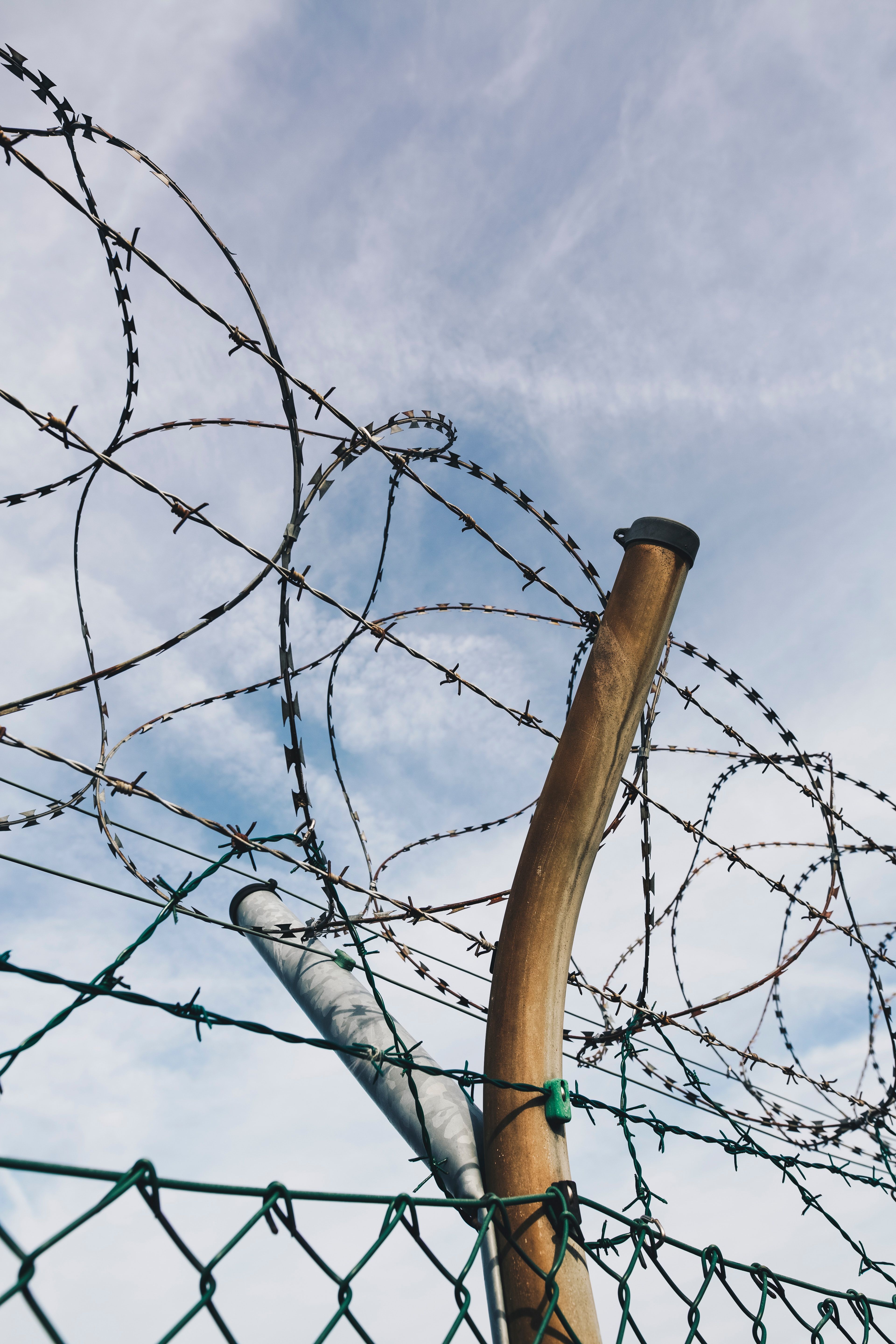Human rights data highlight harm to Māori

JOINT PRESS RELEASE: JUSTSPEAK AND AMNESTY INTERNATIONAL AOTEAROA NEW ZEALAND
Friday 23 June 2023
New HRMI data highlight harm to Māori
The Human Rights Measurement Initiative last night released its latest data on the state of human rights in Aotearoa New Zealand. JustSpeak and Amnesty International Aotearoa New Zealand have serious concerns about the human rights issues highlighted in this data.

“Our vision is for a society that gives everyone what they need while caring for each other and the planet. This requires the Government to address all evidence of social inequality. According to the latest data, Māori are identified as being at high risk of rights violations on nearly all the human rights measured. This highlights the urgent need for the Government to pick up its work towards upholding the UN Declaration of Indigenous Rights,” says Aphiphany Forward-Taua, Executive Director of JustSpeak.
The UN Declaration of Indigenous Rights (UNDRIP) recognises the rights of Indigenous Peoples across a number of areas, including the right to self-determination. Having endorsed the Declaration over 10 years ago, Aotearoa has an obligation to realise these rights. However, in December 2022 the Government decided to put on hold its work to develop a plan to implement UNDRIP.

Our current justice system is risking serious harm by failing to live up to international human rights standards.Lisa Woods, Amnesty International Aotearoa New Zealand
According to the HRMI data, the ability of Māori communities to exercise self-determination is deemed to be limited. When asked to provide more context about this right, respondents mentioned “widespread discrimination” which “marginalises Māori people”.
“Māori are experiencing significant harm because of Aotearoa’s current justice system,” says Forward-Taua. “The Government continues to ignore Māori-led solutions to enable equitable outcomes and transformational change in Aotearoa.”
“Our justice system is like a maze without exits: once people get swept into the system, they seldom receive the support they need to find a way out. In fact, too many whānau are being harmed because of the way people are treated in prison. This includes whānau on the outside who are still not able to visit their loved ones in prison. Action is needed now to create meaningful alternatives to incarceration and provide pragmatic and caring solutions to the social issues that trap people in the justice system in the first place,” says Forward-Taua.
“Aotearoa New Zealand needs a justice system that upholds Te Tiriti o Waitangi, focuses on effective justice responses that reduce harm, and that enables everyone to live well in their community. The problem is our current justice system is risking serious harm by failing to live up to international human rights standards,” says Lisa Woods, Campaigns Director at Amnesty International Aotearoa New Zealand.
“The latest data from HRMI reveals that freedom from arbitrary arrest and freedom from torture and ill-treatment have largely been on a downwards trajectory since 2017. The Government must urgently investigate the causes of this backsliding and put human rights at the forefront of their priorities,” says Woods.

Amnesty International Aotearoa New Zealand and JustSpeak have this month made a joint submission to the UN Committee Against Torture, which highlights the organisations’ concerns for human rights in New Zealand’s prison system, among other areas. These concerns include the denial of adequate time out of cell, access to a lawyer, and the use of restraint, separation and isolation for people in prison. A recent report by the Office of the Inspectorate found that many people in prison are likely to have been subjected to solitary confinement. Worryingly, the report also found that the Government cannot quantify how many people may have experienced a violation of the standards which limit the use of solitary confinement to 15 days.
When asked to provide more context about who was especially vulnerable to arbitrary or political arrest and detention by government agents in 2022, HRMI respondents mentioned that young Māori and Pasifika people were photographed by police without permission. In September 2022, the Independent Police Conduct Authority and the Privacy Commissioner released the findings of a joint inquiry into Police conduct when photographing members of the public.
“This report raised a number of serious concerns for us, in particular racial profiling,” says Woods. “The report also acknowledged the harm to Māori whānau and communities caused by Police actions towards Māori rangatahi, and emphasised the importance of engaging effectively with whānau when dealing with children and young people.”

It is time that the Government recognises that involving children and young people is the important key to meaningful change for the future of Aotearoa.Aphiphany Forward-Taua, JustSpeak
According to the latest HRMI data, the extent to which children are free from violence in the community scored 4.3, with 0 being the least safe and 10 being the most safe. When asked to provide from context about violence against children, respondents mentioned the following:
- There is a high rate of domestic violence
- Children experience physical violence and sexual violence
- There is a high rate of children with mental health difficulties, and children committing suicide
- The impact of Covid-19, poor housing and health services, and a lack of connection to cultural heritage all contribute to violence against children and mental distress among children
“The Government must urgently address the harm facing children and young people in Aotearoa. It is time that the Government recognises that involving children and young people is the important key to meaningful change for the future of Aotearoa,” says Forward-Taua.
“Many of the young people being swept into the criminal justice system have been exposed to enormous harm in their early life, including trauma and unmet mental health needs. All efforts to address youth offending must take this into account and provide wrap-around support to enable young people to reach their full potential.”
“To our dismay, we’re seeing a clear pattern of serious human rights issues being raised each year in the HRMI data,” says Woods.
“This pattern indicates that transformational changes are needed across the prison system and in wider society. Importantly, the Government needs to work with Māori to continue progress towards upholding UNDRIP and to design a justice system that fully upholds Te Tiriti o Waitangi.”
